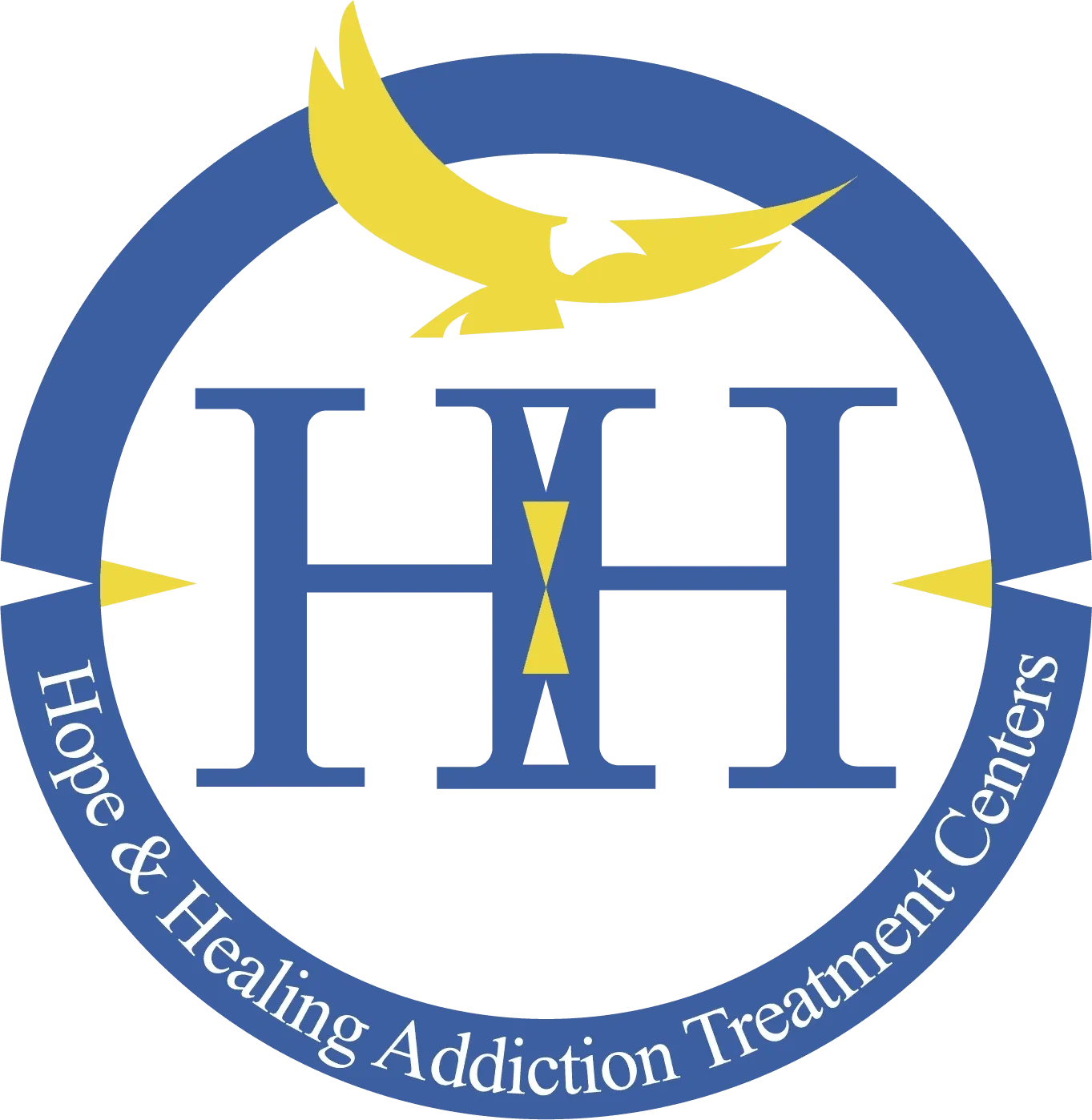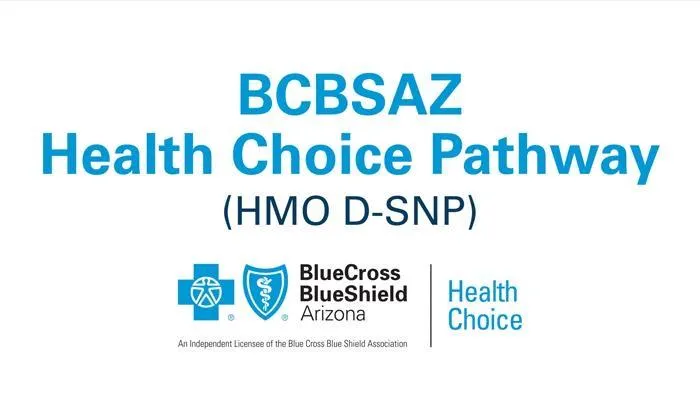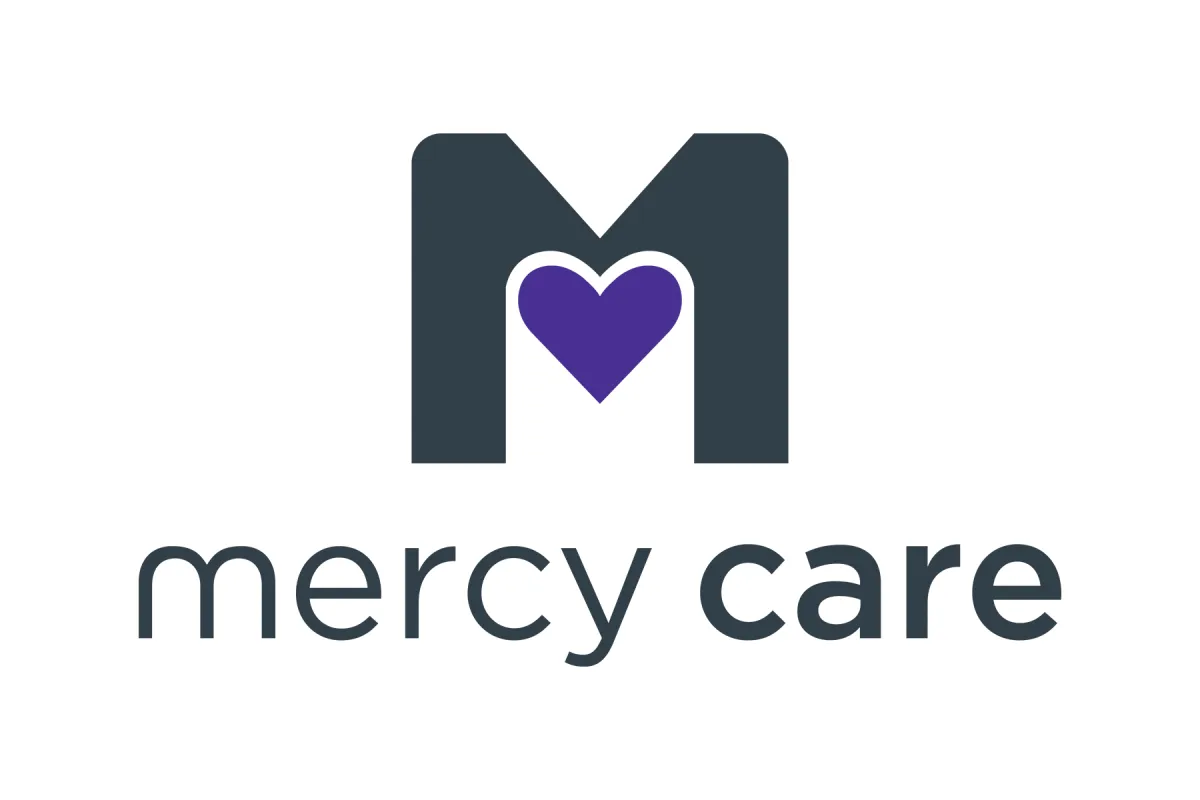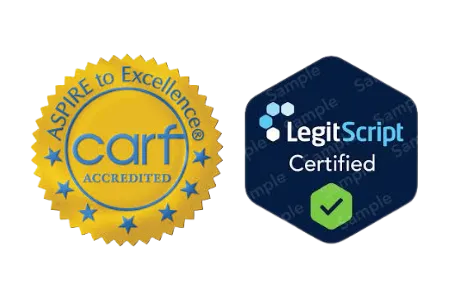WE'RE HERE TO HELP (602) 449-7999
PTSD Treatment in Mesa, AZ
Heal the Trauma. Build the Recovery. Restore the Hope.

Trauma-Informed Healing at Hope & Healing Addiction Treatment Centers
If you're living with the effects of trauma, you're not alone—and you don't have to suffer in silence. At Hope & Healing Addiction Treatment Centers in Mesa, Arizona, we provide compassionate, evidence-based treatment for Post-Traumatic Stress Disorder (PTSD).
Our trauma-informed approach is designed to help you safely process what you’ve experienced, reduce symptoms, and rebuild a sense of peace and control.
Whether your trauma stems from abuse, violence, grief, combat, or a serious accident, our multidisciplinary team is here to help you take back your life—one step at a time.
What Is PTSD?
Post-Traumatic Stress Disorder (PTSD) is a psychiatric condition that can develop after experiencing or witnessing a traumatic event. While not everyone who experiences trauma develops PTSD, many people find that the psychological impact of the event interferes with their ability to function, feel safe, or connect with others.
Common Symptoms of PTSD Include
‣ Flashbacks, intrusive thoughts, or nightmares
‣ Avoidance of people, places, or reminders of the trauma
‣ Emotional numbness or detachment
‣ Heightened startle response, irritability, or hyper-vigilance
‣ Difficulty sleeping or concentrating
‣ Feelings of guilt, shame, or helplessness
‣ Panic attacks or mood swings
‣ Co-occurring depression, anxiety, or substance use
Left untreated, PTSD can significantly impact relationships, career, health, and self-worth. That’s why it’s essential to seek trauma-informed PTSD Treatment that addresses both the symptoms and the underlying emotional wounds.
There Is A Better Future In Front Of You - We're Here To Help You Discover It
We help patients recover their lives after PTSD Treatment at our treatment centers.

Our Trauma-Informed Approach to PTSD Treatment
At Hope & Healing, we understand that healing from trauma takes more than time—it takes trust, safety, and support. Our trauma-informed care model ensures that every client is met with empathy, not judgment. We Prioritize:
Safety
Clients are never forced to relive trauma. Sessions are structured to support nervous system regulation and emotional stability.
Empowerment
You are an active participant in your recovery. Your choices and boundaries are always respected.
Connection
Healing happens in safe, supportive relationships—with therapists, peers, and loved ones.
Whole-Person Healing
We address emotional, physical, mental, and spiritual well-being through integrated care.
By creating a stable foundation, we help individuals reprocess traumatic experiences without being re-traumatized—unlocking real, lasting recovery.
Types of Trauma That We Treat at Hope & Healing
We Offer PTSD Treatment For
‣ Childhood abuse or neglect
‣ Domestic violence or sexual assault
‣ Combat or military trauma
‣ First responder or frontline trauma
‣ Serious accidents or medical emergencies
‣ Sudden loss, grief, or abandonment
‣ Emotional manipulation or chronic stress
‣ Any life-threatening or deeply distressing event
Whether the trauma occurred years ago or recently, Hope & Healing is always possible.
What To Expect from PTSD Treatment in Mesa, AZ
Our PTSD Treatment Center in Mesa, Arizona provides individualized care plans using a blend of clinical therapies, psychiatric support, and holistic modalities.
Individual & Group Therapy
We offer several trauma-focused therapies, including:
‣ Cognitive Processing Therapy (CPT) – helps reframe negative beliefs
‣ EMDR (Eye Movement Desensitization and Reprocessing) – reduces the emotional charge of traumatic memories
‣ Trauma-Focused CBT (TF-CBT) – helps clients understand and manage symptoms
‣ Dialectical Behavior Therapy (DBT) – improves emotion regulation and interpersonal skills
‣ Narrative Therapy – encourages the re-authoring of your life story in a healthy, empowered way
These services help restore balance to the nervous system and build healthy coping skills.
Psychiatric and Medication Support
Our licensed psychiatric team evaluates and manages any co-occurring conditions, such as depression, anxiety, or bipolar disorder. Medication may be used to help regulate symptoms while therapy addresses the root trauma.
Holistic and Experiential Therapies
To support the full mind-body connection, our programs may also include:
‣ Yoga and movement therapy
‣ Meditation and guided breathing
‣ Art and music therapy
‣ Nature walks and grounding exercises
‣ Nutritional support and healthy lifestyle coaching
PTSD and Substance Use: Dual Diagnosis Care
Many individuals with PTSD turn to alcohol, opioids, cannabis, or other substances to numb emotional pain. Unfortunately, this only deepens the cycle of trauma, addiction, and shame. At Hope & Healing, we provide Integrated Dual Diagnosis Treatment for PTSD and Substance Use Disorders.
We Commonly Treat
‣ PTSD + Alcohol Use Disorder
‣ PTSD + Opioid Addiction
‣ PTSD + Benzodiazepine Dependency
‣ PTSD + Cannabis or Kratom Use
‣ PTSD + Depression or Anxiety
Our Dual Diagnosis Treatment Program in Mesa, AZ ensures that both trauma and addiction are addressed together—because healing one without the other rarely works.
Levels of Care for PTSD Treatment in Mesa, AZ
We offer multiple levels of care based on your clinical needs and readiness
Inpatient PTSD Treatment (Residential Rehab)
24/7 support in a structured, therapeutic environment. Ideal for individuals needing safety, stabilization, and focused trauma recovery.
Partial Hospitalization Program (PHP)
Daytime trauma care with the flexibility to return home at night.
Intensive Outpatient Program (IOP)
Part-time treatment that supports continued recovery while reintegrating into everyday life.
Each level of care includes access to individual therapy, group support, psychiatric services, and trauma-informed holistic care.
Why Choose Hope & Healing for PTSD Treatment in Mesa, AZ?
☑️ Trauma specialists trained in EMDR, CPT, and Somatic Therapy
☑️ Locations: Mesa, AZ, Scottsdale, AZ, Phoenix, AZ, Surprise, AZ
☑️ Easily accessible to surrounding communities in Arizona
☑️ Holistic mind-body approaches to support healing
☑️ Personalized treatment plans tailored to your history and goals
☑️ Evidence-based therapies with holistic wellness integration
☑️ Safe, respectful, and non-judgmental environment
☑️ Integrated psychiatric and addiction care (dual diagnosis)
☑️ CARF Accredited Facility with experienced clinical staff
☑️ Most major insurance plans accepted
At Hope & Healing, we believe that no trauma is too big to overcome—and no one is beyond hope and healing.
Start Healing from PTSD Today
You are more than what happened to you. With trauma-informed care, you can rediscover your strength, rebuild your life, and reconnect with who you truly are. If you or a loved one is struggling with the effects of trauma, don’t wait.
Our team at Hope & Healing Addiction Treatment Centers in Mesa, AZ is here to help.
Call today to schedule a confidential PTSD Assessment and to begin your journey of hope and healing.
Serving: Mesa, AZ, Scottsdale, AZ, Phoenix, AZ, Surprise, AZ, and surrounding Arizona communities.
Contact An Admissions Specialist Today, There Is A Path To Hope and Healing
Call to learn more about our treatment programs, admissions process, and pricing.
Insurance & Payment Options
We accept most major insurance plans and can verify your benefits quickly and confidentially. We’re committed to helping you access the care you need. Our admissions counselors can guide you through your coverage options and available resources.
We also have Grants available to help with cost.
In-Network Providers & Other Insurances
With locations in Mesa, Scottsdale, Phoenix, and Surprise, AZ, Hope & Healing Addiction Treatment Centers are the premier Residential and Outpatient Treatment Centers in Arizona treating substance use disorder, trauma-related issues, mood and anxiety, and co-occurring disorders.
Our Location
Hope & Healing Addictions Treatment Centers
3512 N. Higley Rd.
Mesa, AZ 85215
Helpful Links
Stay Connected
Hope & Healing Addiction Treatment Centers is committed to making our website accessible to all users.
If you experience difficulty viewing any part of our site, please call us at (602) 449-7999 and we will be happy to assist you.
Copyright 2026. Hope & Healing Addiction Treatment Centers. All Rights Reserved.



















